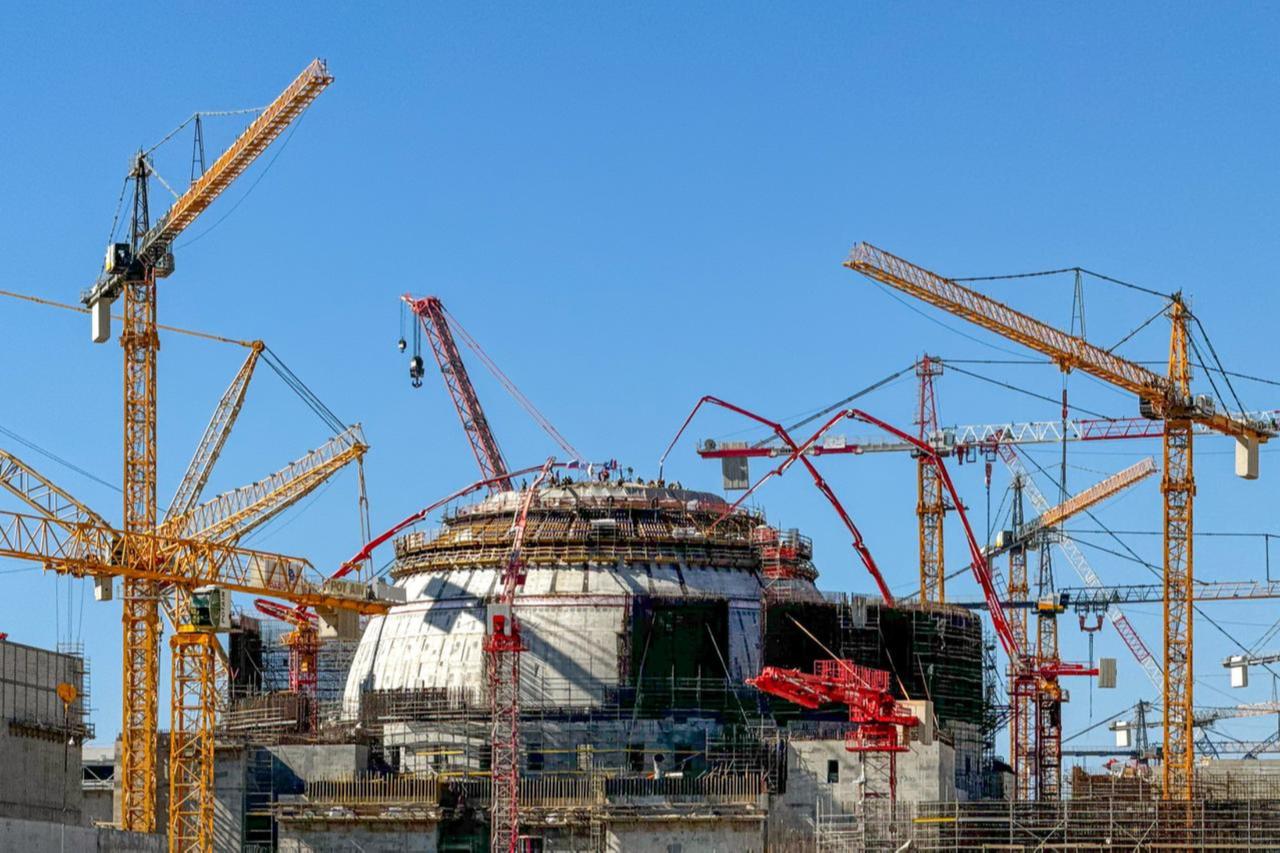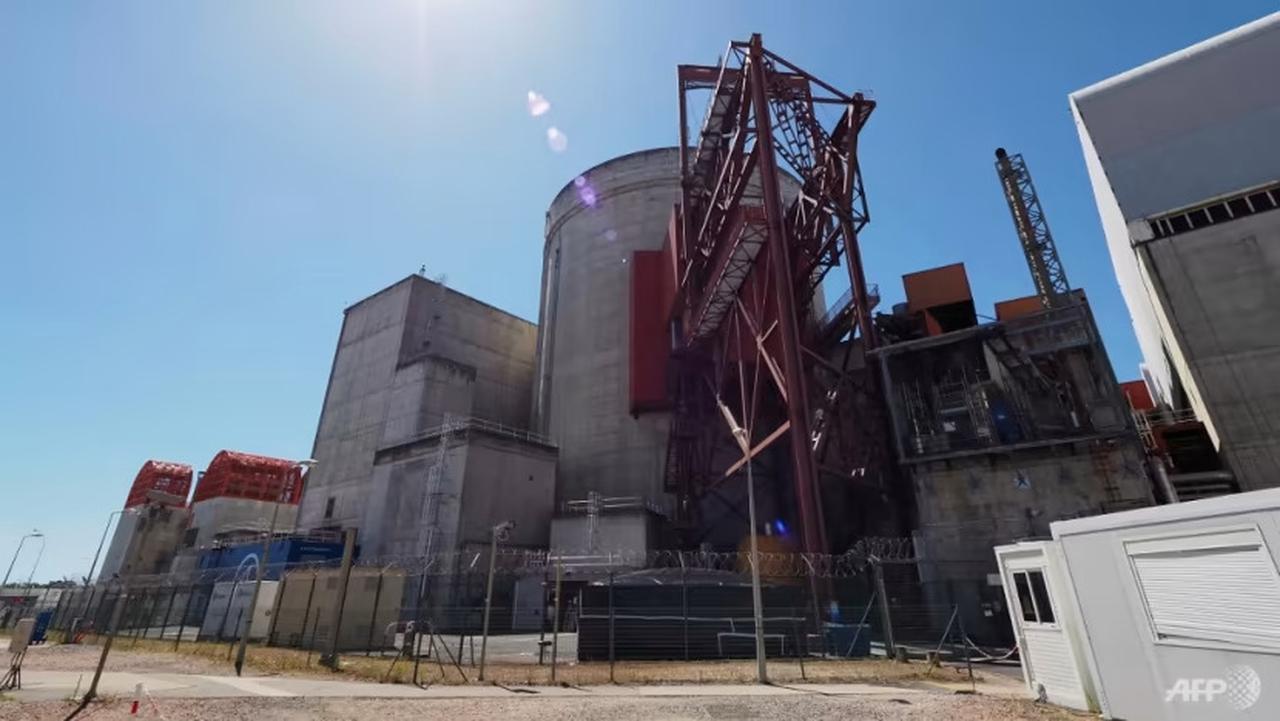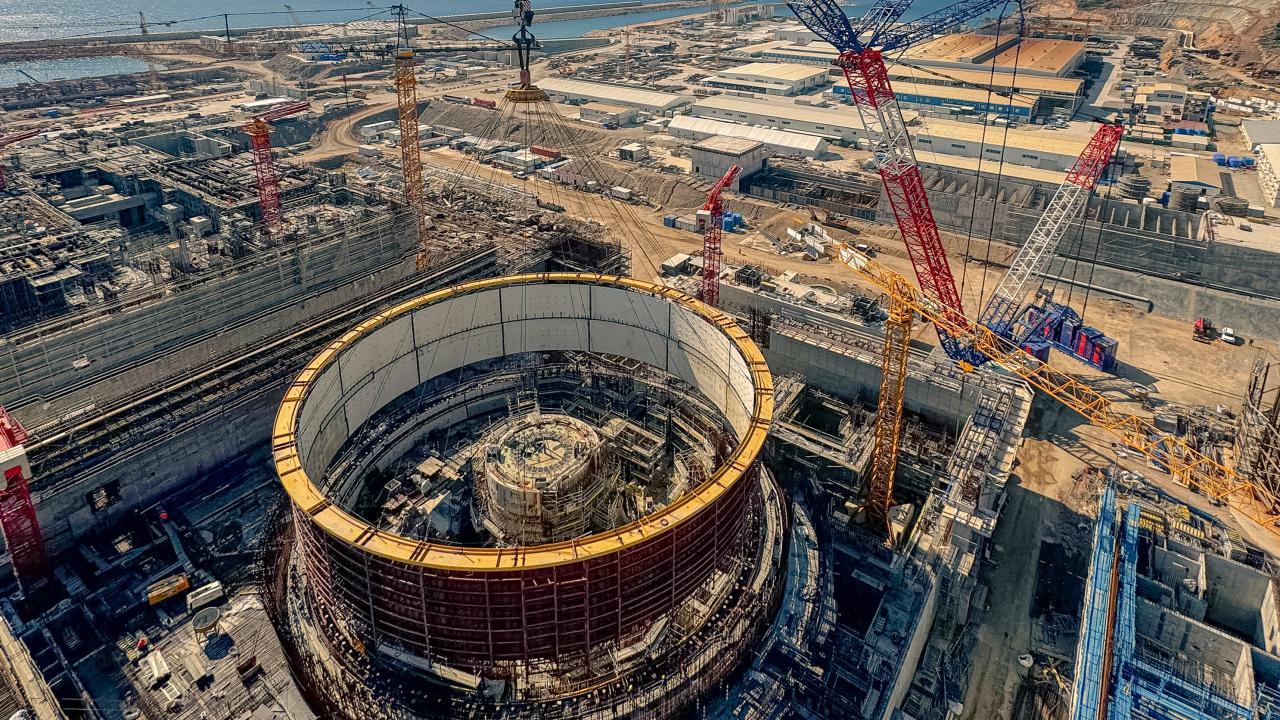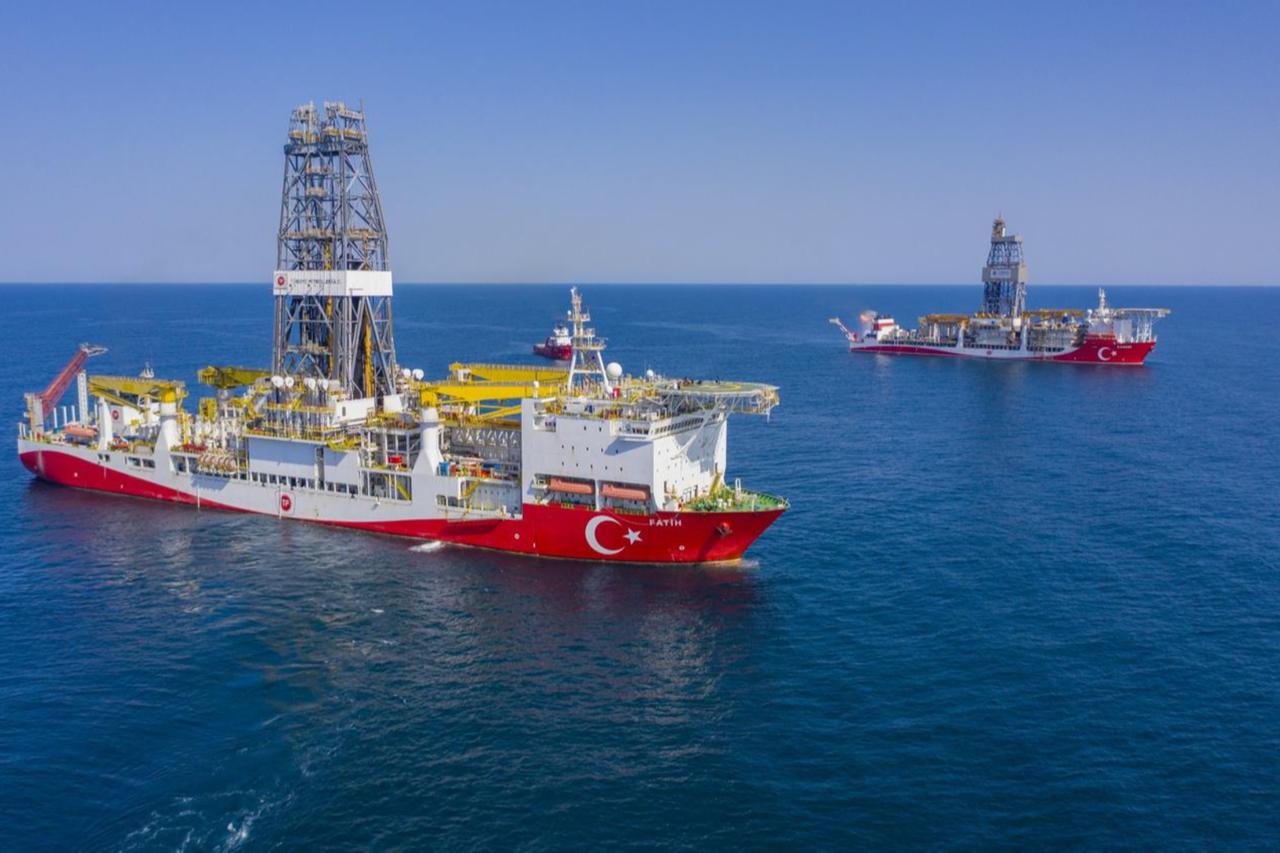
Türkiye is preparing to submit a new legislative proposal to parliament to support the development and deployment of Small Modular Reactors (SMRs), a key component of the country’s long-term goal to reach 20,000 megawatts of nuclear power capacity by 2050, Energy and Natural Resources Minister Alparslan Bayraktar said on Wednesday.
Bayraktar stated during an interview with Anadolu Agency that the upcoming bill aims to establish a regulatory and investment framework enabling both domestic and foreign companies to manufacture and operate SMRs in Türkiye. These compact nuclear units are designed to supply energy to industrial zones or remote areas and can be constructed more quickly and at lower cost than conventional reactors.
Small Modular Reactors (SMRs) are a new generation of nuclear power plants designed to be smaller in size and output than conventional reactors. Typically producing up to 300 megawatts of electricity per unit, SMRs can be factory-built and transported to site, making them quicker and more flexible to deploy.
The government estimates a 5,000 megawatt potential for SMRs in Türkiye and plans to promote local manufacturing to support industrial development and future exports.
“We are designing an incentive model for the private sector to lead SMR deployment, similar to how we expanded wind and solar energy in recent years,” Bayraktar said.
He emphasized that the new law would not replicate the intergovernmental model used for the Akkuyu Nuclear Power Plant but would enable a more flexible structure, including private and public sector investment.

Bayraktar confirmed that the Akkuyu Nuclear Power Plant, Türkiye’s first large-scale nuclear project, is now 95% complete for its first reactor. The plant, developed in partnership with Russia’s Rosatom, will feature four reactors and meet about 10% of Türkiye’s electricity needs once operational.
Originally set for commissioning in April 2025, the project has experienced delays due to the pandemic, supply chain issues, and geopolitical disruptions. The first reactor is now expected to come online in 2026.
Bayraktar also addressed speculation about potential ownership changes, clarifying that under the original agreement, up to 49% of the project can be sold to investors with Türkiye’s consent.
Türkiye is in discussions with several countries—Russia, China, South Korea, and Canada—regarding new nuclear plants in Sinop and Thrace, each planned to host four reactors. However, no final agreements have been signed yet, he added.
Bayraktar noted that future partnerships may adopt different models than Akkuyu’s, possibly with greater involvement from Türkiye’s state-owned electricity company, EUAS.

Turning to fossil fuels, Bayraktar announced that Türkiye has sent Iraq a draft agreement to renegotiate the 1973 Iraq–Türkiye Crude Oil Pipeline deal, which expires in July 2026. The new proposal seeks to eliminate legal disputes and maximize the pipeline’s 1.5 million barrel-per-day capacity.
“If fully utilized, the pipeline could support $40 billion in annual trade,” Bayraktar stated, adding that expanding the route southward would be necessary to reach full capacity.

Türkiye is also enhancing its offshore exploration capabilities with two new deepwater drilling ships, bringing its total fleet to six. One vessel will be deployed in the Black Sea to support gas production, while the other is expected to participate in operations abroad, including in Libya and potentially Somalia.
“This expansion puts Türkiye among the top four countries globally in deep-sea drilling capability,” Bayraktar said. International interest has already emerged, with joint exploration discussions underway with countries such as Pakistan, Somalia, Malaysia, and Hungary.

Bayraktar confirmed that seismic studies have been completed in three offshore zones in Somalia and that the Oruç Reis vessel has returned to Türkiye. The data is currently being analyzed, with drilling decisions expected by the end of the year.
In a separate development, Türkiye has signed a new agreement with Kazakhstan to facilitate the transit of Kazakh oil through the Baku–Tbilisi–Ceyhan pipeline to global markets.